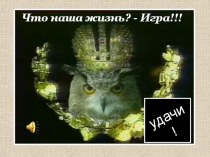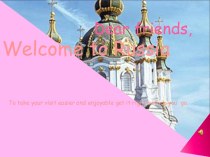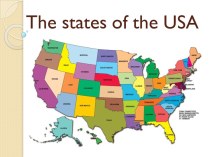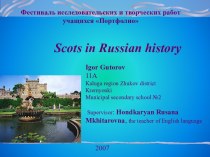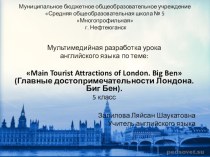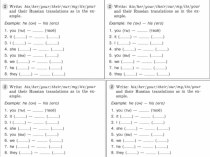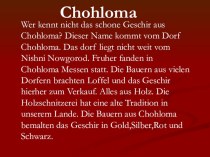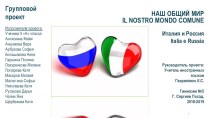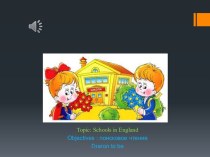- Главная
- Разное
- Бизнес и предпринимательство
- Образование
- Развлечения
- Государство
- Спорт
- Графика
- Культурология
- Еда и кулинария
- Лингвистика
- Религиоведение
- Черчение
- Физкультура
- ИЗО
- Психология
- Социология
- Английский язык
- Астрономия
- Алгебра
- Биология
- География
- Геометрия
- Детские презентации
- Информатика
- История
- Литература
- Маркетинг
- Математика
- Медицина
- Менеджмент
- Музыка
- МХК
- Немецкий язык
- ОБЖ
- Обществознание
- Окружающий мир
- Педагогика
- Русский язык
- Технология
- Физика
- Философия
- Химия
- Шаблоны, картинки для презентаций
- Экология
- Экономика
- Юриспруденция
Что такое findslide.org?
FindSlide.org - это сайт презентаций, докладов, шаблонов в формате PowerPoint.
Обратная связь
Email: Нажмите что бы посмотреть
Презентация на тему по английскому языку Северные народные ремесла
Содержание
- 2. Wood-carvingSince olden times wood has been the
- 3. The craftsman takes a pine log, carefully
- 4. Another log is turned into wings, then
- 5. Decorative painting on woodBesides carving, folk craftsmen
- 6. The main theme is the life of
- 7. The style of painting varied from one
- 8. Fine graphic painting is typical of the
- 9. Birch-bark processingNot long ago one could see
- 10. As compared with modern kitchen utensils, birch-bark
- 11. Kholmogory Bone-CarvingThe art of Kholmogory bone-carving is
- 12. In the 16th-17th centuries bone-carvers from Kholmogory
- 13. Contemporary masters develop the rich traditions of
- 15. Clay Toys from KargopolThe art of making
- 16. Peasant women, centaurs, cows, horses, deer, rams,
- 17. Later on, new motifs appeared, which depict the life of the present-day northern village.
- 18. Nowadays, the toys are made by the
- 19. Northern KozoolyasBaking pryaniks is another folk craft
- 20. Arkhangelsk kozoolyas vary in shape and colour:
- 22. Скачать презентацию
- 23. Похожие презентации
Wood-carvingSince olden times wood has been the most widespread and popular material.In nearly every Northern home there is chip bird floating under the ceiling. Such birds are made by local craftsmen, with the help of an
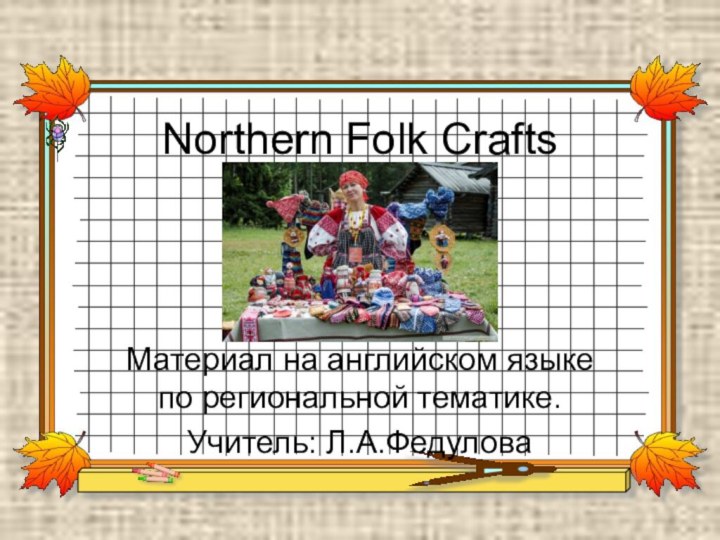
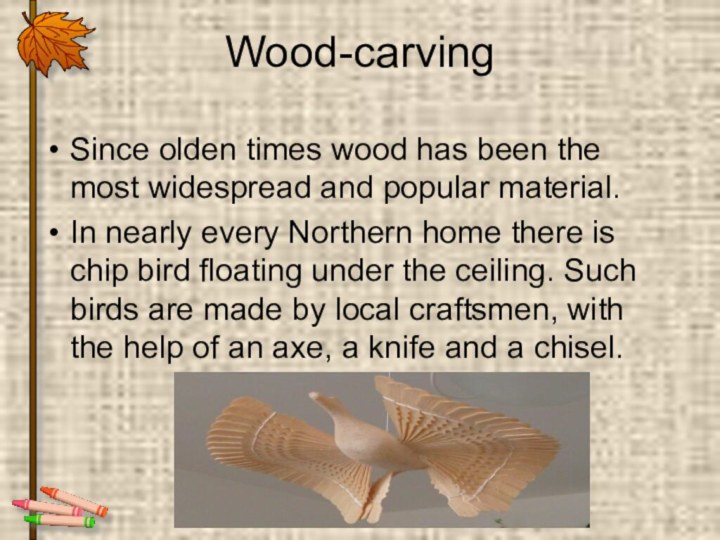
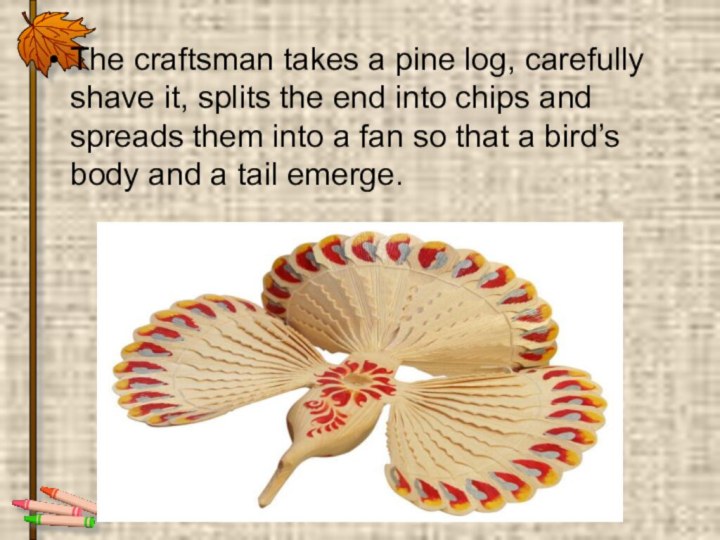
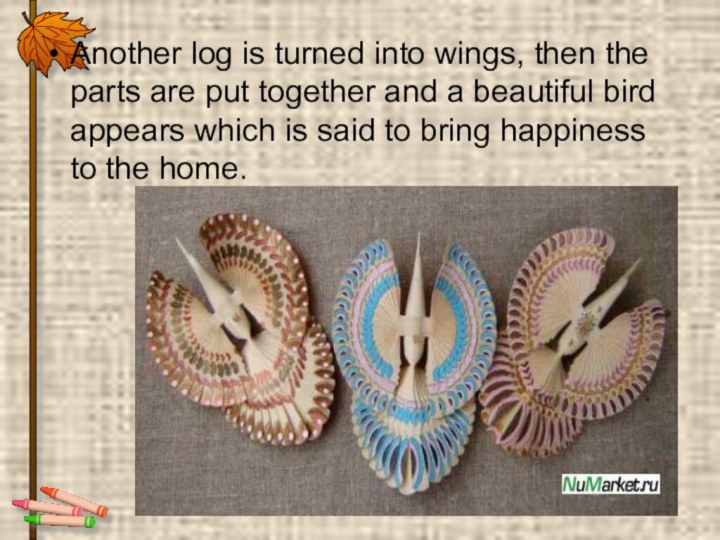
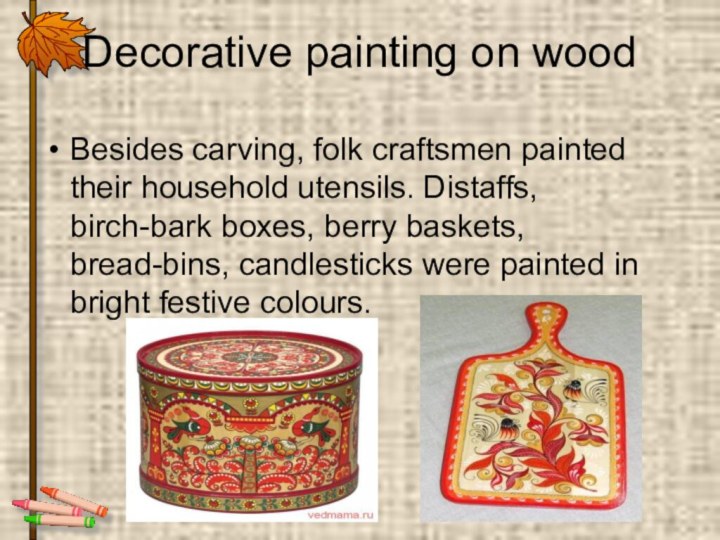
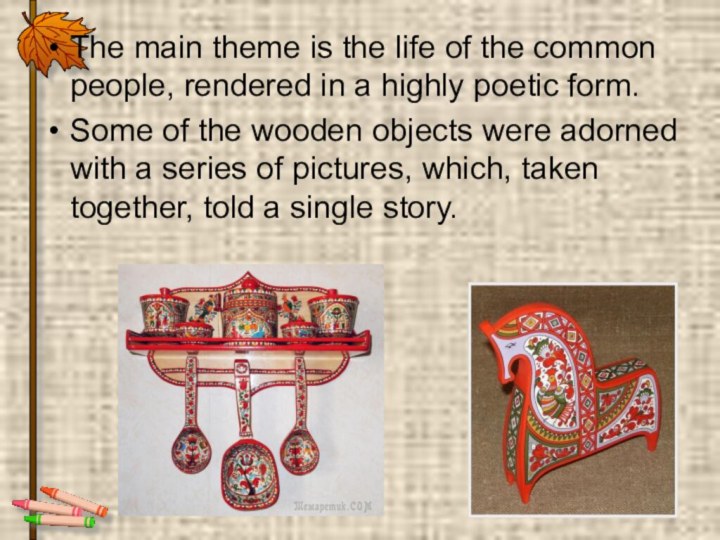
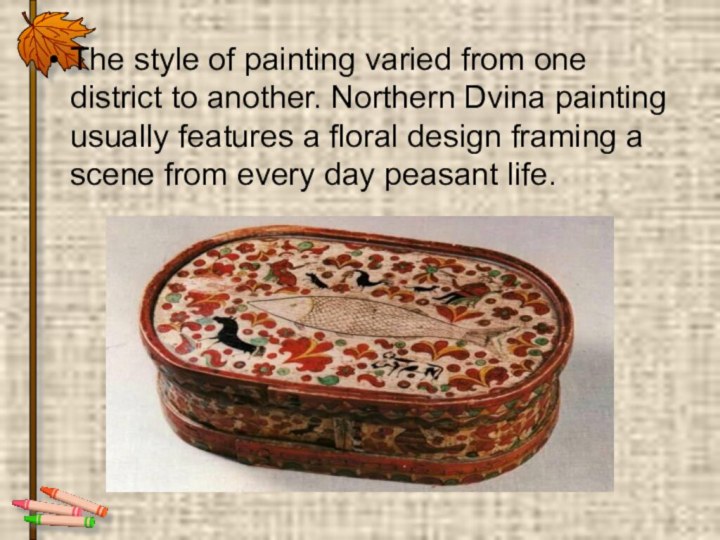
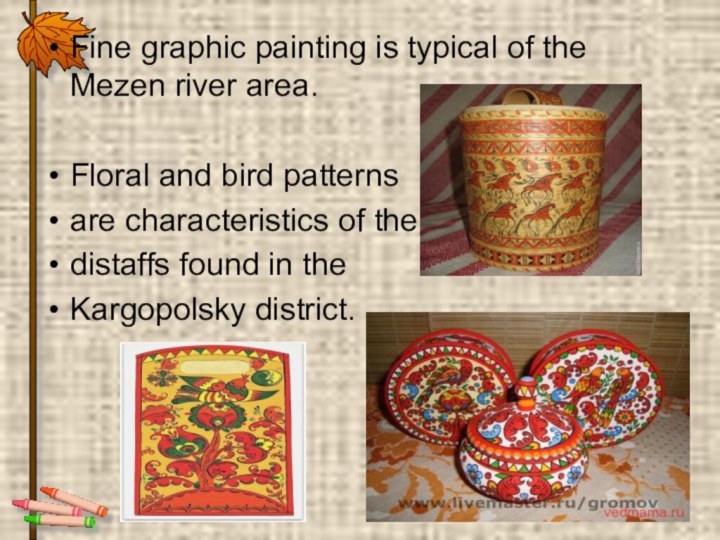
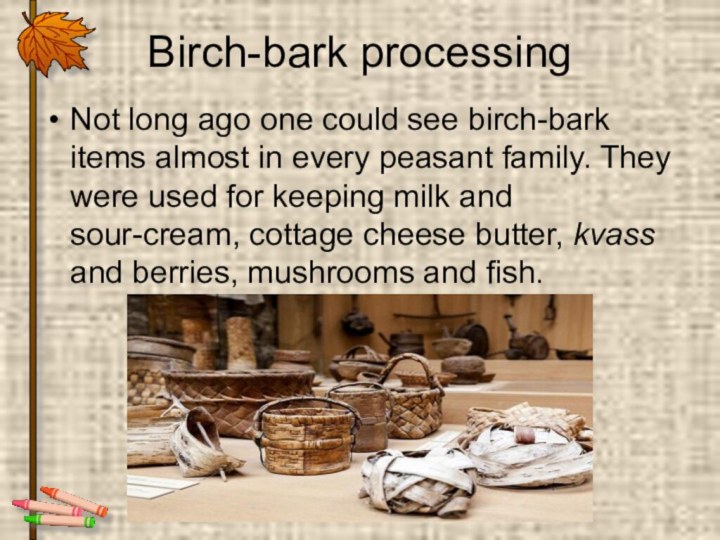
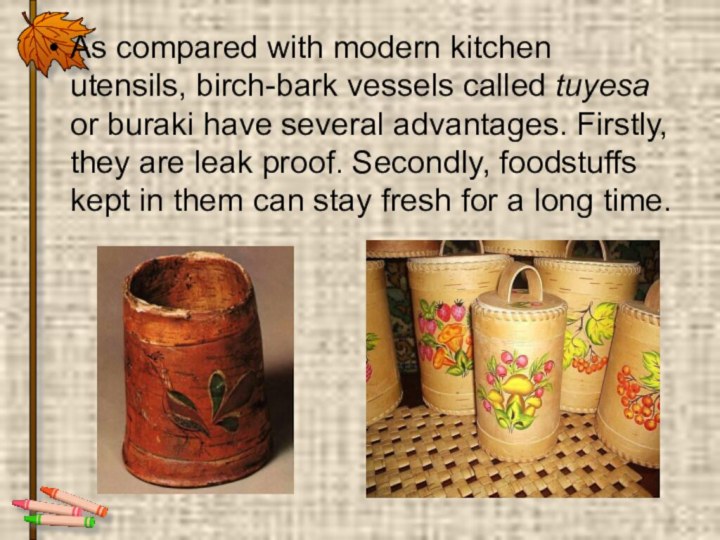
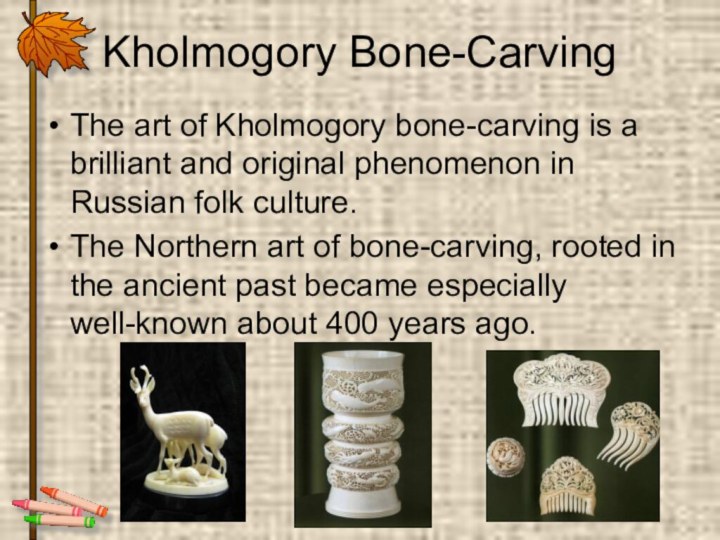
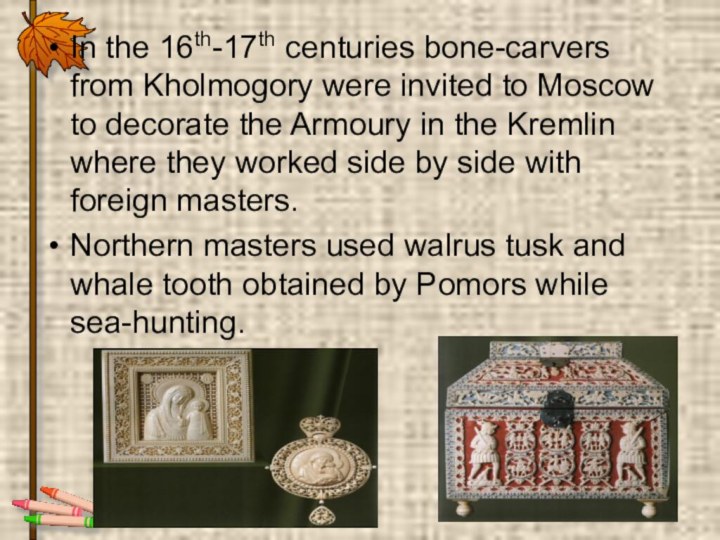

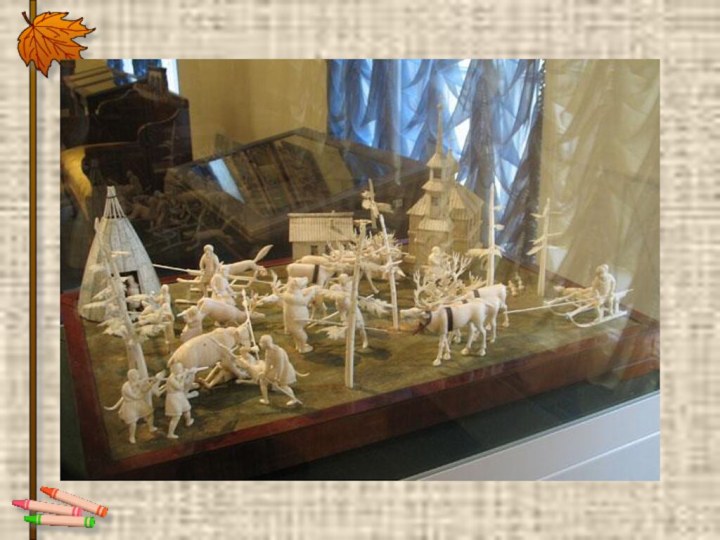
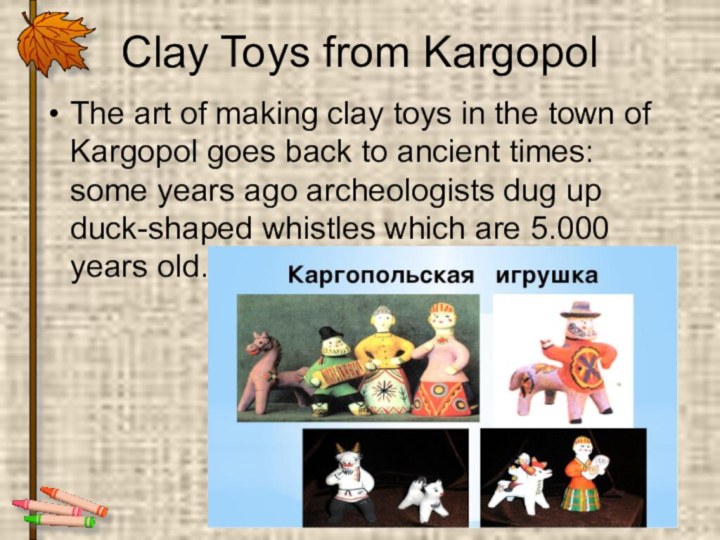

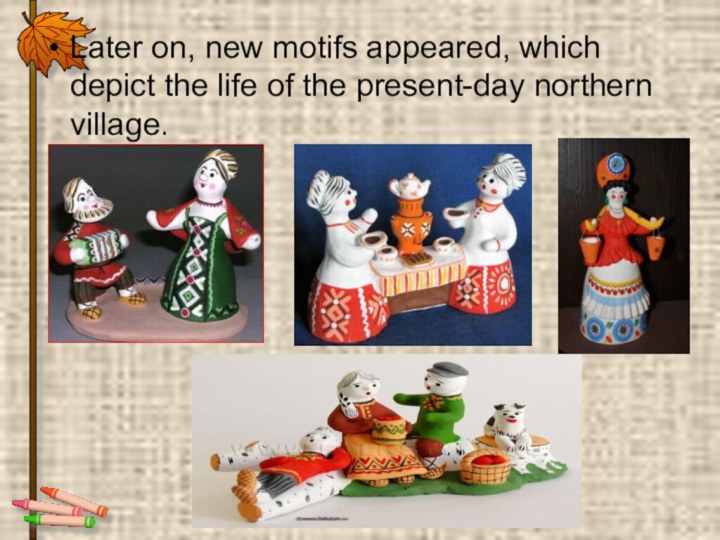

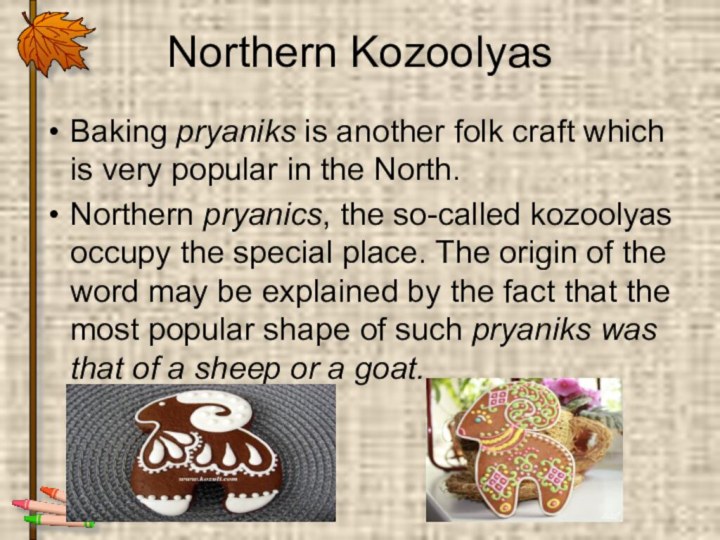
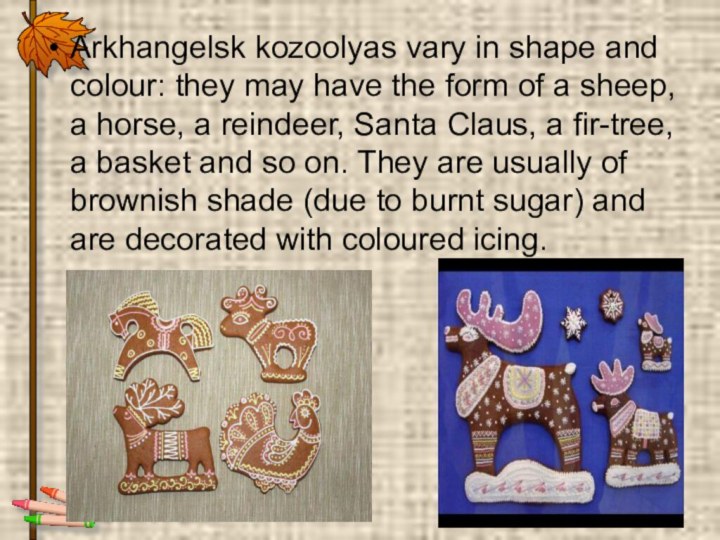
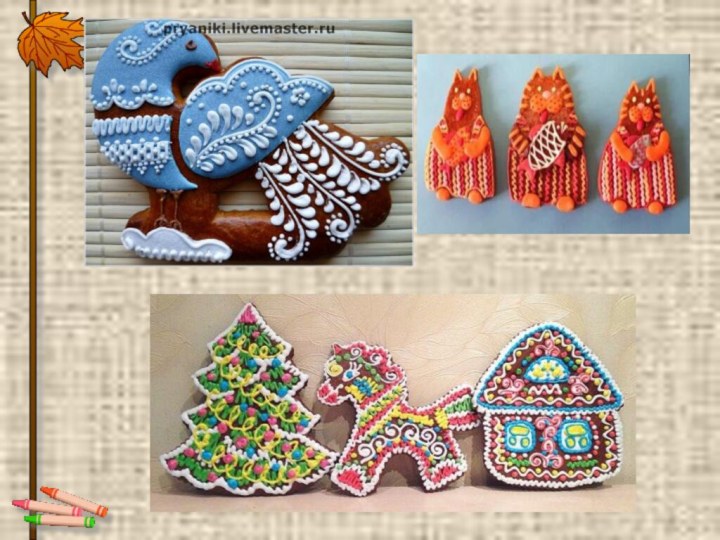
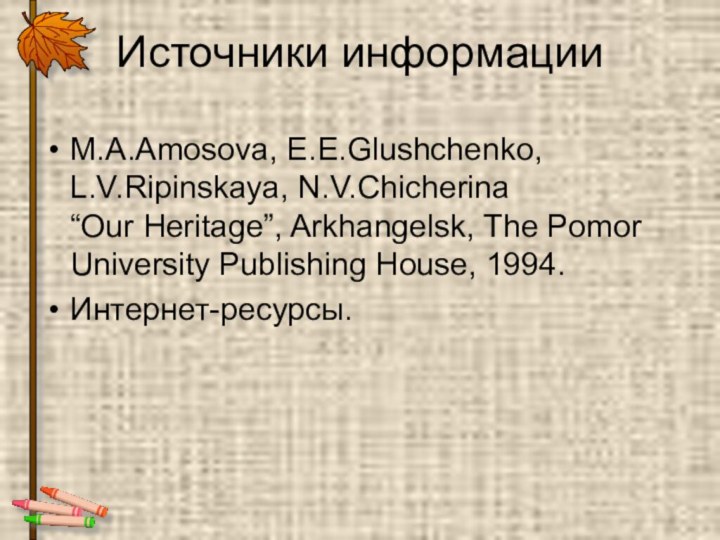
Слайд 2
Wood-carving
Since olden times wood has been the most
widespread and popular material.
is chip bird floating under the ceiling. Such birds are made by local craftsmen, with the help of an axe, a knife and a chisel.
Слайд 3
The craftsman takes a pine log, carefully shave
it, splits the end into chips and spreads them
into a fan so that a bird’s body and a tail emerge.
Слайд 4
Another log is turned into wings, then the
parts are put together and a beautiful bird appears
which is said to bring happiness to the home.
Слайд 5
Decorative painting on wood
Besides carving, folk craftsmen painted
their household utensils. Distaffs, birch-bark boxes, berry baskets, bread-bins,
candlesticks were painted in bright festive colours.
Слайд 6
The main theme is the life of the
common people, rendered in a highly poetic form.
Some of
the wooden objects were adorned with a series of pictures, which, taken together, told a single story.
Слайд 7
The style of painting varied from one district
to another. Northern Dvina painting usually features a floral
design framing a scene from every day peasant life.
Слайд 8
Fine graphic painting is typical of the Mezen
river area.
Floral and bird patterns
are characteristics of the dis
distaffs
found in the Kargopolsky district.
Слайд 9
Birch-bark processing
Not long ago one could see birch-bark
items almost in every peasant family. They were used
for keeping milk and sour-cream, cottage cheese butter, kvass and berries, mushrooms and fish.
Слайд 10
As compared with modern kitchen utensils, birch-bark vessels
called tuyesa or buraki have several advantages. Firstly, they
are leak proof. Secondly, foodstuffs kept in them can stay fresh for a long time.
Слайд 11
Kholmogory Bone-Carving
The art of Kholmogory bone-carving is a
brilliant and original phenomenon in Russian folk culture.
The Northern
art of bone-carving, rooted in the ancient past became especially well-known about 400 years ago.
Слайд 12
In the 16th-17th centuries bone-carvers from Kholmogory were
invited to Moscow to decorate the Armoury in the
Kremlin where they worked side by side with foreign masters.Northern masters used walrus tusk and whale tooth obtained by Pomors while sea-hunting.





